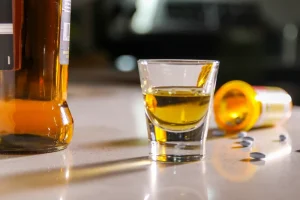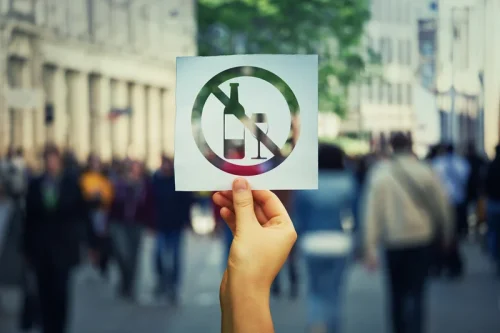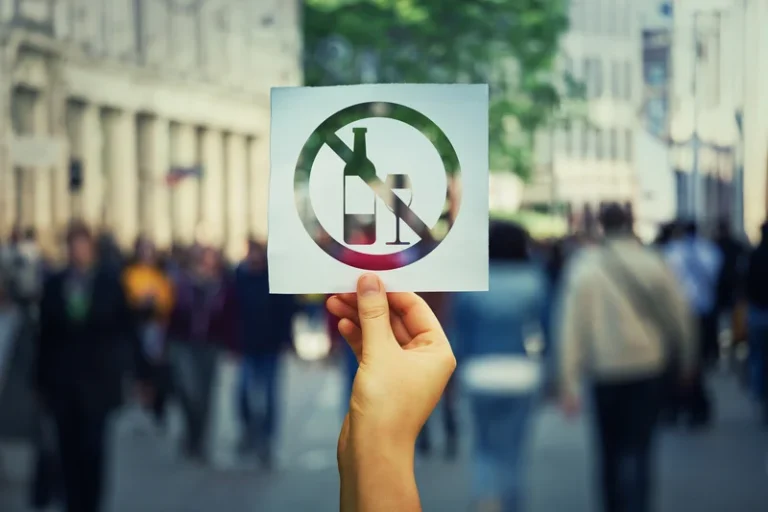
For one, you might be tempted to use again “just this once” as a means of celebrating. Warren is a Licensed Master Social Worker, who specializes in substance abuse and mental health treatment. Clinically, Warren has developed a therapeutic skillset that utilizes a strengths-based perspective, Twelve Step philosophies, Cognitive Behavioral Therapy and Motivational Interviewing.

Mental Health Relapse Triggers Everyone Should Know About
Your journey to recovery doesn’t end with day treatment or outpatient, once you’re with Blanchard, you’re always with Blanchard. Seek Professional HelpIf you find it challenging to manage triggers on your own, seek professional help. Therapists, counselors, and treatment programs can provide additional support and resources to help you stay on track.
- Just as it’s easy to neglect self-care, it’s easy to overcomplicate it.
- The best way to deal with this relapse trigger is to have a strong support network.
- Relapse prevention is one of the main goals of drug or alcohol treatment programs.
- Identify TriggersKeep a journal to track situations, emotions, or environments that trigger cravings.
- Those in recovery often have a hard time finding new ways to have fun, and it may cause them to glamorize or ruminate on their past substance abuse.
What is Relapse Prevention?

Cues can include drug-related stimuli, situations, or people linked to past substance use (NCBI). For example, being in a setting that is reminiscent of previous substance use can generate urges to use. Clinical indicators play a significant role in assessing relapse risk in individuals recovering from addiction.

What are High-Risk Situations?
In my book The Abstinence Myth, I explain how rigid abstinence models can increase shame, leading to more relapses. The sooner you or your loved one determines that relapse is a possibility, seek out help. The sooner this happens, the more likely it is that you can get it back under control quickly, reducing the risks of complications later. Men and women who experience any of these triggers or other changes in their lives should know that means they need a bit more help. A person with schizophrenia may develop complete control over their condition with medication and therapy, but they may still develop a sudden change in personality.
Find someone you trust and respect to kindly, but firmly, persuade you to stop what you’re doing if you do start to relapse. When you’re reminded of your addiction, it’s important to have effective ways of Halfway house handling your feelings. For instance, if you’re an alcoholic and a group of drinking buddies ask you to go out, or you see people from work going to happy hour, it might help to have a specific response ready. One way to prevent stress from triggering you is to evaluate your stress levels.
- These addiction relapse triggers can vary from person to person and can be incredibly powerful, leading to an increased risk of addiction relapse.
- Triggers are social, environmental or emotional situations that remind people in recovery of their past drug or alcohol use.
- The holidays also represent a break in routine that can influence a person’s desire to use a substance.
- These are 10 of the most common triggers in addiction recovery, along with quick tips on how to avoid them.
- Through self-reflection, Jane discovered that certain social situations, particularly parties or gatherings where alcohol was present, posed a high risk for relapse.
These cues are more commonly known as “triggers,” and they may manifest in completely different ways from person to person. Individuals who stay in addiction treatment for a longer types of relapse triggers period of time (90 days or more) are more likely to maintain their sobriety in the long run. Here are the top 10 common relapse triggers you might encounter during your recovery journey.


